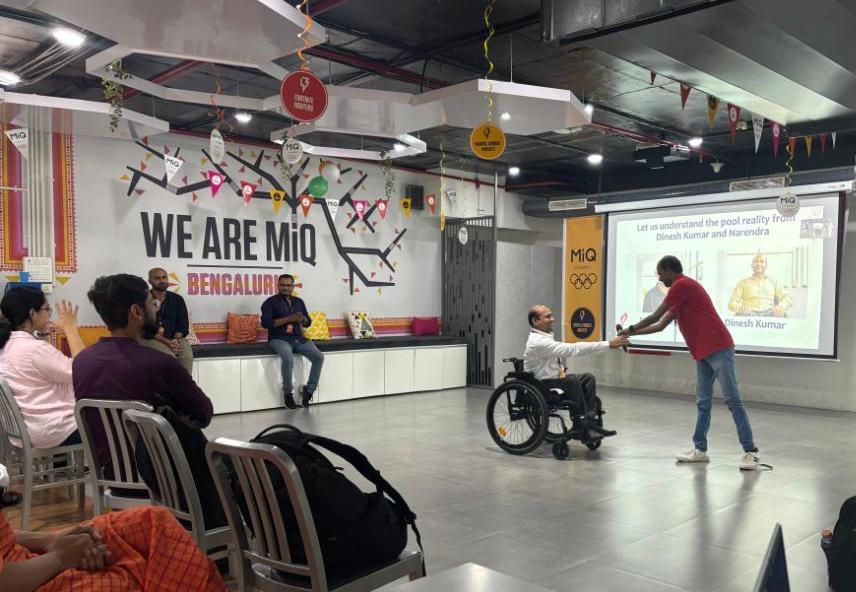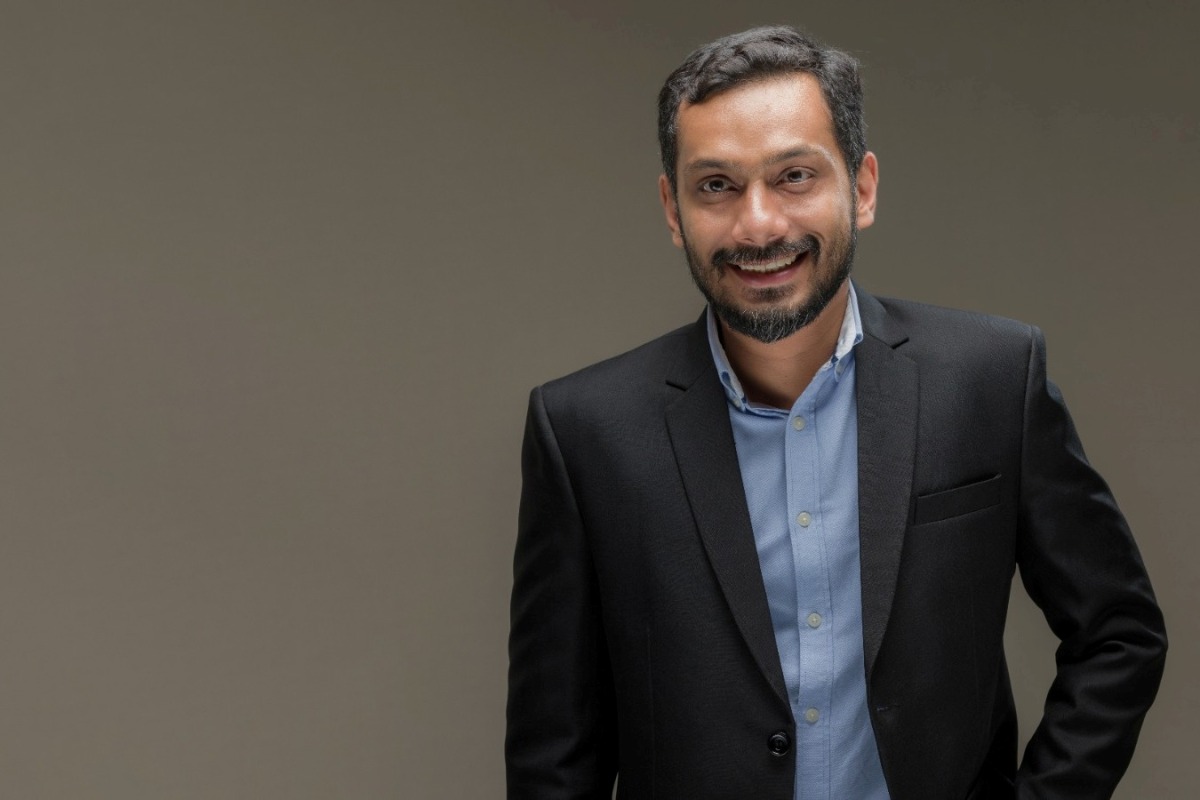MiQ’sAbilityIQ-Signlusion program stands as a testament to the company’s commitment to fostering inclusion and empowerment for individuals with disabilities. According to Anish Roy, Director of Analytics at MiQ, the program’s success is measured not only by impressive metrics, such as a 78% employment rate from the first cohort, but also by the meaningful engagement and growth experienced by both participants and employees. Through structured mentorship, tailored job training, and a focus on holistic engagement, the initiative bridges gaps between corporate environments and underrepresented communities. As MiQ expands the program into new regions, its impact continues to create a sustainable and inclusive future for all involved.
Scroll down to read the full interview:
Q. How does the organization define success in its AbilityIQ-Signlusion program? What metrics measure the program's impact on both participants and the company?
 A. During our first cohort, our mentorship helped 78% of our mentees pursuing their undergraduate degree secure employment. In the second cohort, we successfully assisted individuals in re-entering the workforce, and 82% of mentees went on to directly contribute to their household income.
A. During our first cohort, our mentorship helped 78% of our mentees pursuing their undergraduate degree secure employment. In the second cohort, we successfully assisted individuals in re-entering the workforce, and 82% of mentees went on to directly contribute to their household income.
A crucial indicator of success for us, however, is not the numbers, but it lies in the quality of engagement - the comfort of people when interacting with someone with a disability, the openness, the acceptance. It's about the holistic experience that comes through the meaningful interactions and growth experienced by both employees and participants.
We consider our program a success if our employees feel more comfortable and confident in starting and sustaining conversations with individuals with disabilities. If they become more at ease working with colleagues who may have disabilities, we’ve achieved our goal. For external participants, success means gaining a better understanding of the corporate world and feeling more comfortable in a professional setting compared to before joining the program. A key success metric is also the growth of social and professional networks for everyone involved, creating connections and relationships that might not have happened without the Signlusion program.
Q. The 78% placement rate for Cohort 1 is impressive. What factors contributed to this success, and how can MiQ replicate these results in future cohorts?
A. Success rates can be affected by things like the job market and government incentives, which we can’t always control. However, one thing that consistently helps our program succeed is giving candidates exposure to corporate environments and job training before they start looking for work. From now on, we’re committed to maintaining a platform that not only supports our candidates but also works hard to improve their chances of finding good jobs.
Q. How does the enterprise address the specific challenges faced by women with disabilities in the workforce? Are there any targeted initiatives within the AbilityiQ-Signlusion program to support this group?
A. The aim of this program is to give opportunities to people with disabilities. While this program is not aimed towards specific gender groups, our initiative focuses on job readiness across various institutions.
Q. MiQ is planning on expanding Signlusion to EMEA. What are the key differences and similarities in implementing such a program in a different cultural and regulatory context?
A. We are currently exploring the possibility of expanding this program into EMEA. The most obvious difference is the usage of British Sign Language instead of Indian Sign Language. We would expect to involve different partners to help facilitate this program as well.
An expected similarity would be the possible hesitation to engage in a program like Signlusion. However, our aim would be to create an environment where people are effectively able to break down communication barriers and dispel stigmas.
Q. The involvement of SMEs in the upcoming cohort is a promising development. How does MiQ plan to foster long-term partnerships with these organisations to create sustainable employment opportunities?
A. Subject matter experts (SMEs) have always played a crucial role in our initiatives, as they are the most reliable source of accurate information. In the past, our SMEs have been instrumental in building a comprehensive framework for training and workshops, providing insights into community perspectives on liability, teaching Indian Sign Language (ISL), and reassuring participating candidates. They have also been essential in bridging the communication gap between mentors and mentees, particularly during the early stages of their interactions.
 At MiQ, inclusion isn't just a seasonal effort—it's a year-round commitment embedded in our DNA. By normalizing conversations on tough topics, we strive to cultivate an engaged and proactive community eager to make a difference.
At MiQ, inclusion isn't just a seasonal effort—it's a year-round commitment embedded in our DNA. By normalizing conversations on tough topics, we strive to cultivate an engaged and proactive community eager to make a difference.
While we aren't yet able to employ the people we mentor, we aim to provide a strong foundational platform that allows trainees to experience the corporate environment before they embark on interviews and job searches.
As we continue to grow, we bring in fresh talent that we have the opportunity to influence positively. Our ongoing collaboration with schools that consistently produce graduates seeking employment ensures a sustainable cycle, year after year, providing a steady stream of candidates who benefit from our Signlusion program.





 A. During our first cohort, our mentorship helped 78% of our mentees pursuing their undergraduate degree secure employment. In the second cohort, we successfully assisted individuals in re-entering the workforce, and 82% of mentees went on to directly contribute to their household income.
A. During our first cohort, our mentorship helped 78% of our mentees pursuing their undergraduate degree secure employment. In the second cohort, we successfully assisted individuals in re-entering the workforce, and 82% of mentees went on to directly contribute to their household income.












.jpg)



